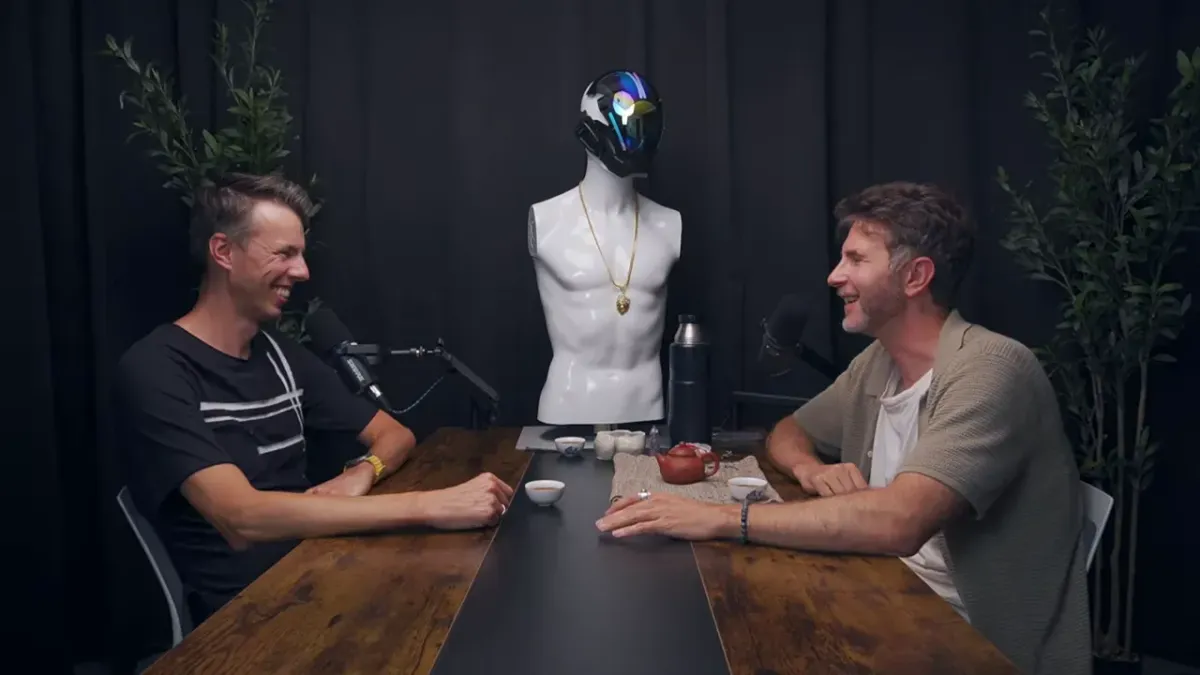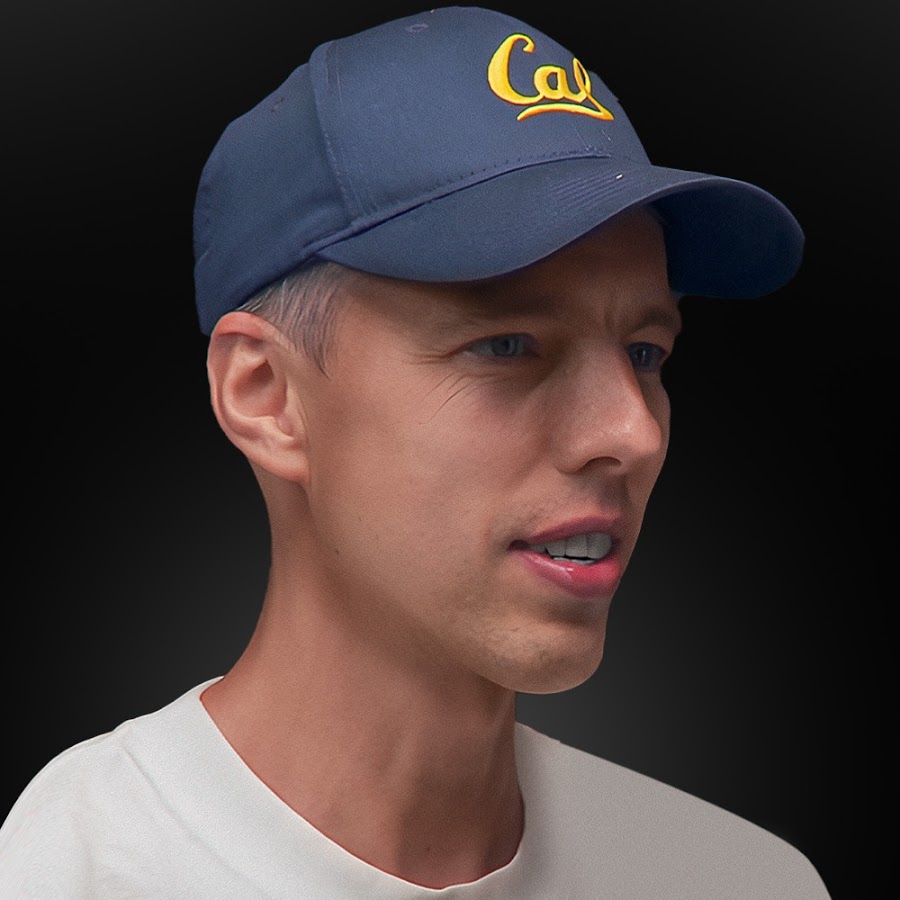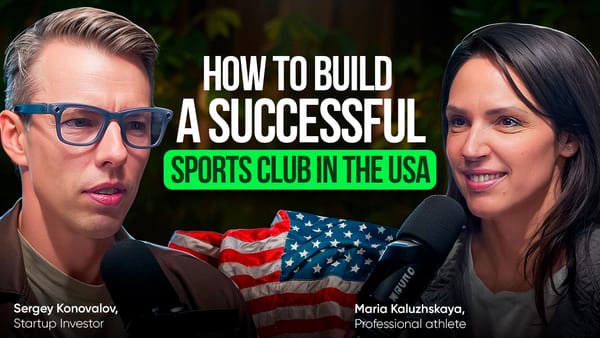How to start a new life in the U.S.

I’m Sergey Konovalov — the author of the channel Life in the USA: Immigration, Business & Technology. In this conversation with Andro Gorbushkin — a Googler, VR/AR specialist, Burner, and musician — we talked about adaptation, fear, career, and personal freedom.
If you’re wondering how to start a new life in the U.S. or how to move to America, this one’s for you.
Burning Man: Extreme Acceptance and Rethinking Freedom
Let’s start with the hurricane at Burning Man — how dangerous was it?
It was a moment of panic: we were holding down the tent while the roof was literally being ripped off. At some point I realized I had to unclip part of it — otherwise, the entire structure would take us with it. When the roof tore away, metal pieces and even parts of cars were flying overhead. After half an hour of that, you act purely on instinct.
What does Burning Man mean to you personally?
For me, it’s an annual community of radical self-expression and total acceptance. The people, the art, the projects — they’re not just hype; they’re the core of modern meaning. One of this year’s installations — a library inspired by Fahrenheit 451 — worked as a metaphor for cultural responsibility: either you take a book and carry the culture forward, or it burns.
Freedom, Taboos, and Coming Back to Yourself
Which taboos fall first there? And what does it mean to “be yourself”?
In the first few days, the shell cracks: people try things they’d normally feel ashamed of. Nudity, sexual experiments — that’s just the surface. But once the “gestalts” close — you’ve danced, hugged, felt enough — the deeper layer begins: you meet yourself. You stop needing to prove anything and start living by your own rules.
Moving to the U.S.: Fears, Reality, and Useful Strategies
What fears did you have when immigrating, and how did you overcome them?
The main fear was losing face — leaving everything behind and coming back as a “failure.” During the first six months in New York, I was actively job-hunting: updating my resume, working with a coach to soften my accent, earning certificates. It was painful hearing my parents say, “You’ll end up a garbage man.” But that pain became motivation.
Is it possible to get into IT in the U.S. without local experience or perfect English?
Yes — if you break the problem into parts: language, credibility (references), and professional skills. I worked remotely on a World Bank project — that helped close some gaps. Accent therapy and interview practice do wonders: after enough repetitions, you start sounding confident.
If you’re still thinking about how to start a new life in the U.S. or how to move here — build a financial cushion, focus on specific skill blocks, and create visible local activity (volunteering, remote projects, publications).
Dating, Loneliness, and Social Connection
Why is finding a girlfriend in New York harder than getting a job at Google?
A job you can “Google”: clear steps, open listings, known prep routines. Dating is about value alignment, endless options, and fierce competition. The illusion of abundance in a big city makes people detached — it’s easier to “switch” than to work through conflict. For an immigrant, New York is a survival school — but also a great teacher.
How do you deal with loneliness and integrate into the community?
Don’t isolate yourself. Build connections through work, hobbies, and events. When I published a piece on preparing for Google interviews, it created visibility and opened new doors. Try different formats — from professional meetups to creative circles.
Hobbies, Rhythm, and Recovery
How did you get into African drumming, and what does it give you?
One day in Prospect Park I heard an African drum circle and slipped into a trance — hours went by unnoticed. I bought a drum, found a teacher, and later joined a local drum club. Rhythm is pure presence: for ten minutes your brain lets go of everything else. I’m planning to travel to Guinea to study with masters who’ve passed this art down for generations.
Practical Tips for Those Planning to Move
What would you say to people at the starting line — thinking how to begin life in the U.S.?
Don’t isolate. Build a real social network — friends, colleagues, people who can highlight your strengths. Break tasks into blocks: language, visible experience, finances. And most importantly — be ready not only for freedom but also for judgment: it’s through interaction with others that our best qualities appear.
Without other people’s perceptions, we’re just flesh. We become human through connection, not isolation.
If you’re preparing and still wondering how to start life in the U.S. — start small: improve your language, find local projects, and don’t be afraid to be visible.
Huge thanks to Andro for the honest talk — and to you for watching.
If this format resonates with you, subscribe and share it with anyone standing at the edge of a big step.






